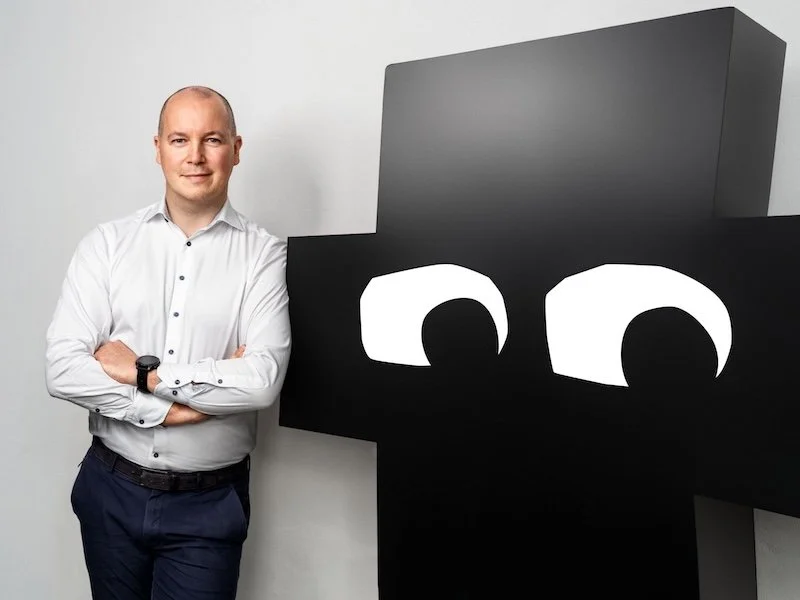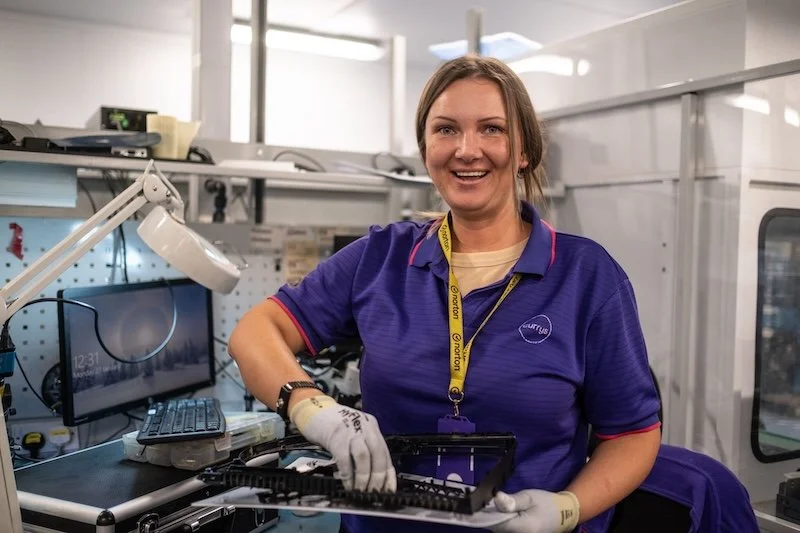Four ways technology impacts healthcare
Technological advancements over the years can be described as mind blowing and have impacted many aspects of life. Healthcare is no exception to this incredible journey; it goes beyond fancy gadgets to how technology improves healthcare for patients or medical professionals.
Unsurprisingly, UK research has suggested that groundbreaking healthcare tech could transform medical procedures and treatments. Here are the latest tech trends in healthcare and how they’ve made an impact.
1. The data revolution
In this age of tech evolution, information is readily available like never before. Thanks to the internet, modern data systems, and super-smart search features, healthcare pros can share information faster. And it’s all about Big Data in healthcare, allowing extensive research on a massive scale.
Talk about diving into huge, diverse groups of people and using data from past studies to get the big picture. This tech wizardry helps doctors keep their fingers on the pulse of health trends and treatments. It’s like having a crystal ball to spot risks and recommend the best care, all while keeping costs down and improving lives.
2. Better communication and information flow
Technology has come to the rescue with electronic medical records that make sharing information a breeze without compromising privacy. Now, having real-time meetings is straightforward. Doctors can seamlessly chat, share, and brainstorm about patient health.
And here’s the best part: all the important data in those electronic medical records is accessible to everyone who needs it. That means improved case management, better treatments, and patients recovering faster and better.
3. Improved care experience
It’s common knowledge that tech is all about making life easier, and it’s doing the same for healthcare. With tools like NDIS Software, healthcare providers can offer personalised care plans, easy billing, and streamlined scheduling. Electronic Health Records (EHRs) also let doctors assess their patient’s medical history in a snap, which means smarter decisions and safer care.
For patients dealing with chronic conditions, consulting a pain management doctor can provide tailored treatment options that leverage these technological advancements. These specialists utilise cutting-edge tools like AI-driven diagnostics and personalised care plans to address pain more effectively.
Some apps can even help doctors catch potential errors and keep their patients safe. All these help to improve customer satisfaction while also boosting the quality of patient care, so feel free to consider this.
4. The rise of AI
AI is rapidly gaining ground, impacting several industries, including healthcare. AI spots patterns, gives doctors brilliant insights and helps create tailor-made treatments. That means better decisions and less time and money wasted, so keep this in mind.
And here’s the thing: AI isn't just about diagnostics, although it plays a significant role. It dives into patient health records, scans, and X-rays to spot diseases early, which can usually be tricky for human eyes.
But it doesn't stop there; it can also help inform doctors on patient trends, handle mundane admin tasks, monitor vital signs, spot risks, and dish out personalised treatments and lifestyle tips. In a nutshell, AI isn't just changing the game; it’s rewriting the entire rulebook for healthcare.
The above points demonstrate the significant impact technology is having on healthcare. It has helped improve patient care, enhanced communication flow, streamlined medical processes, and made diagnosis faster and easier.

















Continue reading…